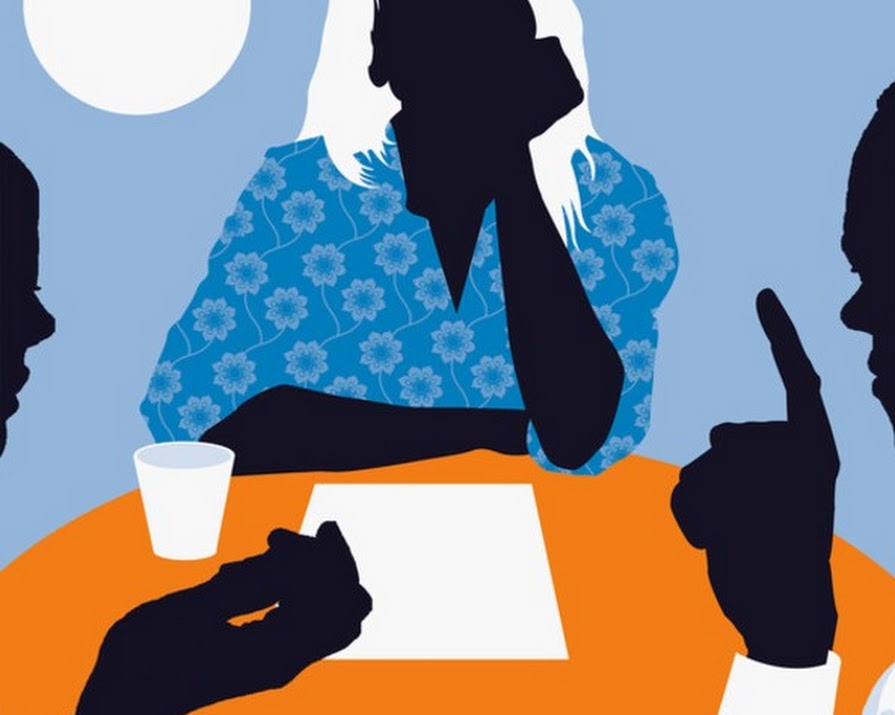
By IMAGE
13th Jun 2017
13th Jun 2017
As a child, you were naturally curious, inquisitive, eager and willing to try. Failure wasn’t a terrible thing. It wasn’t unacceptable, and it certainly wasn’t shameful. You learned to walk, talk, dance, run, spell, swim, cycle and write through a series of spectacular and celebrated failures. Never giving up, you learned and grew from each mistake, failure and setback. Disciplined in your endeavour to learn, you didn’t fear failure you embraced it. Despite the wealth of knowledge and skills you learned through this experimental approach to your world, your relationship with failure changed as you grew.
Failure is part of life
As you matured from childhood into adulthood failure became unacceptable. Slowly you learned to avoid, ignore and silence it. The beautiful curiosity of a young mind naturally experimenting with life, free from socially binding narratives, stagnated. Gradually, you lost the permission to be anything other than ?effortlessly perfect?.
We all know that failure, setbacks and inconveniences are part of life. In fact, many would argue, myself included, that failure is evidence of a life well lived. Not to mention research proves that failure followed by learning has unexpected benefits. So, what does failure mean and how can you learn from your failures?
Acknowledge failure ?????????????????????????????????????????????????????????????????????????????
Failure, defined differently by everyone emerges despite the finest of intentions and best of efforts. We all know it exists and when it finds its way to your door, it can rock your world to its very core. It cuts like a razor, completely altering the landscape of your hopes, dreams, and wellbeing. And in these moments you feel paralysed to think, starved of hope and lost in a cloud of fear.
Yet failure has this tangential superpower. And, yes, I did say superpower that those of us who have suffered at its hands know too well – failure is the mother of success, bravery and resilience. It can turn desperation into the ability to bounce back even stronger and more robust than before. Though the road to failure is not one you would consciously choose, it leads to professional and personal growth.
Get comfortable with uncomfortable
So, when faced with a failure, setbacks or a bad situation walk into the feeling. Acknowledge that you are uncomfortable, that you feel angry, frustrated, upset, embarrassed or sad. Own the feeling. Take stock and remind yourself that you feel like this because what is at stake is meaningful and important to you. Then go to work.
Take 5 minutes to identify three things, three people and/or three places that you can turn to for help.
Ask yourself – What options are available to me and how can I manage those options?
Prioritise each step logically and then move to action.
By doing this, you take control of the situation and place yourself in a position to emerge stronger and more resilient.
Create your CV of Failures.
It sounds counterintuitive but with pen in hand, a page on the table, in the knowledge it will be hard, write out your failures. All the while, remember this is not a pity party, or an excuse unleash your inner critic. No. This is the time to change your narrative and begin the process of owning your failures, setbacks and disappointments. Ask yourself these questions about them-
What was the worst part?
What was the best part?
What did you learn?
What will you do differently next time (if anything)?
Through this exercise, you consciously draw a line between the trials and triumphs, mistakes and innovations, setbacks and successes in your life. This more truthful perspective moves you beyond dichotomous thinking towards experiences from which you learn, build and grow.
Remember – Nobody is above failure
Remember, failure does not discriminate. It does not matter who you are, where you come from or what you have; failure is strict, ruthless and firm. While a painful experience it seldom leaves you empty handed. Always leaving a trail of evidence in its wake from which you can learn more, understand better and discover new possibilities. You would not have failed had you not tried.
Remember the acronym for FAIL is First Attempt In Learning.
By moving from thought to action, you move from dreaming to doing, and at that moment, you were brave. So, irrespective of the outcome make that moment matter and hungrily seek the opportunity for learning.
Don’t let fear of failure, fear of success, fear of the unknown or fear of what others may or may not think, hold you back. Design your own version of career success or somebody else will and you might like their version.
By Sinead Brady






















